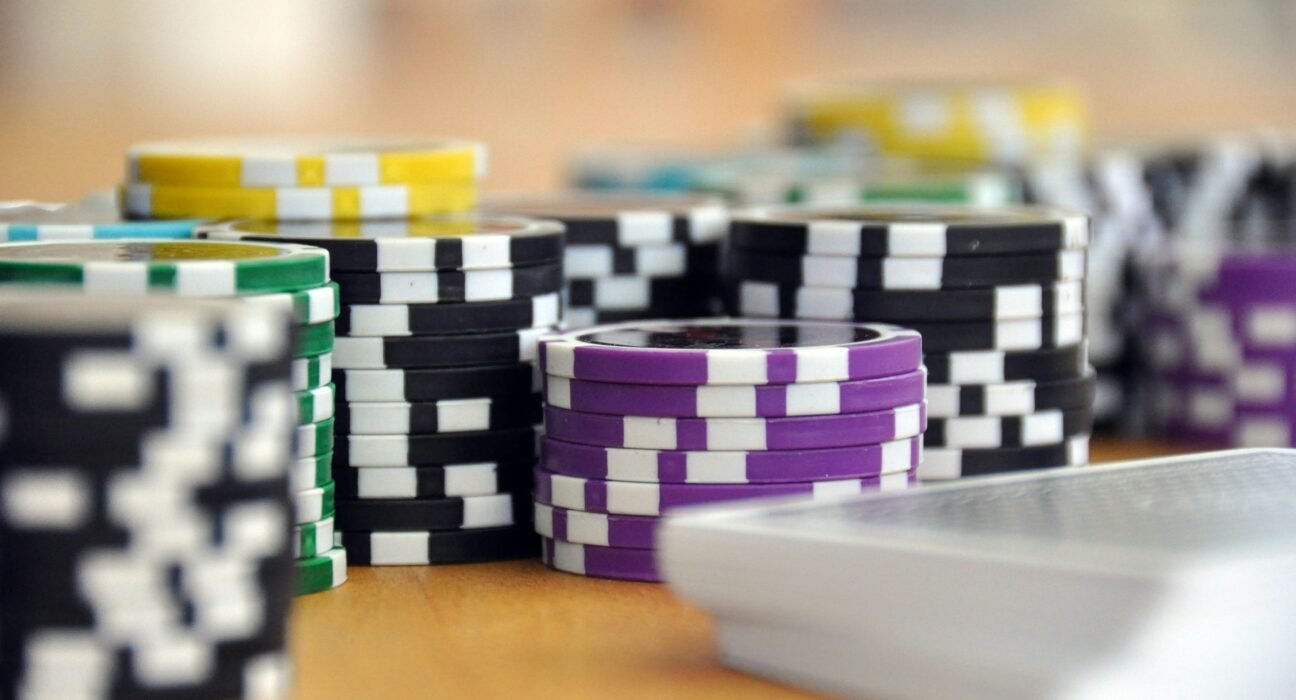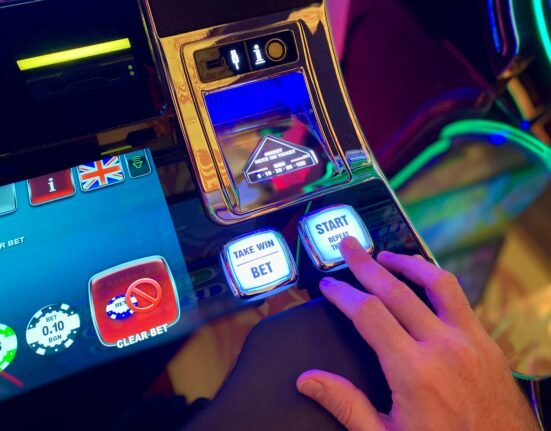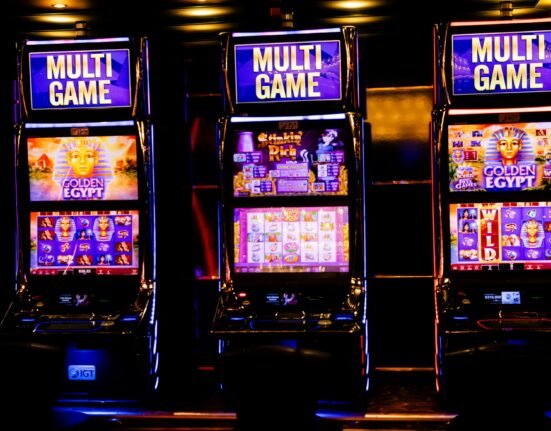A New Identity: Poker as a Mind Sport
The question of whether poker qualifies as a sport has gained renewed relevance since the International Mind Sports Association (IMSA) officially recognized it as a mind sport in 2024. This classification aligns poker with strategy-based games like chess and bridge, highlighting the mental skills required to compete successfully.
Skill Over Luck: The Strategic Depth of Poker
Poker is far from being a game of mere chance. Success relies heavily on skill, including probability calculation, psychological insight, bluffing, and risk management. These qualities distinguish poker from luck-based gambling and push it into the realm of skill-dominant activities.
Competitive Edge: Tournaments and Endurance
The competitive nature of poker is especially evident in major global tournaments like the World Series of Poker (WSOP). These high-stakes events can last several days and test a player’s mental endurance, focus, and discipline—qualities essential in traditional sports.
Still a Game: Recreational Roots and Structure
Despite its competitive and strategic nature, poker remains a game at heart. It is enjoyed casually by millions around the world, has established rules, and involves elements of unpredictability. Its widespread appeal stems from this blend of structure, fun, and challenge.
A Case for the Olympics: Match Poker
One proposal for making poker more sport-like is the introduction of Match Poker, a format where all players receive the same cards, eliminating the influence of chance. This skill-based version of the game could meet the criteria for Olympic inclusion and further legitimize poker as a sport.
Legal Recognition: The Dominant Factor Test
Courts in various jurisdictions have applied the “Dominant Factor Test” to assess whether skill or chance governs poker outcomes. The growing legal consensus that poker involves substantial skill supports its recognition as more than just a game.
Conclusion: The Best of Both Worlds
Poker sits uniquely between game and sport, combining entertainment with intellectual challenge. Whether seen as a competitive mind sport or a high-stakes game, its global popularity and complexity ensure it remains a compelling topic of discussion.























